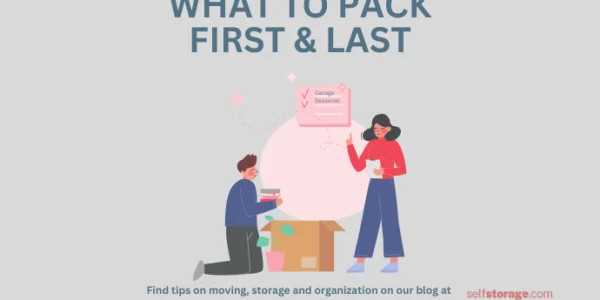Renting an apartment is a major life decision that requires careful consideration. When you’re looking for a place to live, it’s easy to get excited about finding the perfect location, and potentially rush into committing, but it’s important to take your time and be methodical before signing a lease agreement.
Before you commit to an apartment, there are several important things to consider. Here are some essential steps to take before signing a lease:
Inspect the property and take note of any existing damages
Before you sign a lease, you should inspect the apartment and take note of any existing damages. Walk through the apartment with the landlord or property manager and take pictures or videos of any damage you see. Make sure the landlord or property manager acknowledges the damage and documents it—in writing. This can help you avoid being held responsible for any pre-existing damage when you move out.
Know what’s included in your rent
Ask and find out exactly what is included in your rent. For example, does your rent include utilities, parking, or any amenities like a gym or pool? Are there any additional fees you’ll be responsible for, such as pet fees or parking fees? Make sure you understand what you’re paying for, so you can avoid any surprises later on.
Clearly understand the terms you’re agreeing to
Lease agreements can be complex, so it’s important to read and understand the terms before signing. Make sure you understand the length of the lease, the rent amount, and any fees or penalties that may be charged. If there is anything you don’t understand, ask the landlord or property manager for clarification. It’s their job to help you work through this!
Make a checklist of considerations before signing
It’s easy to get caught up in the excitement of finding a new apartment, but it’s important to stay organized and make a checklist of considerations before signing a lease. Consider factors such as:
- Location
- Commuting distance and transportation
- Local amenities
- Parking availability
- School districts
- Access to washer and dryer
- Upstairs or ground level
Make sure you prioritize what’s important to you and use your checklist to evaluate each apartment you visit. Sticking to your checklist can help guide the way.
Watch out for common red flags
There are several red flags to watch out for before signing a lease. For example, if the landlord or property manager is unwilling to document existing damage or is hesitant to answer questions about the lease agreement, it may be a sign of future problems. Additionally, if the apartment is in disrepair, has a lot of noise or smells, or the building itself is in a state of disrepair, these may be signs that it’s not a good fit for you.
Also, don’t be afraid to talk to the other people living in the complex – have a quick chat with them as your tour the facilities, and ask them if they like living there. If there are any major red flags, the current tenants would know them better than anyone.
What do you need to bring with you to the lease signing?
When the time finally does come to sign, make sure you have all the necessary documentation and payments. This may include:
- Your photo ID
- Proof of income
- A security deposit
Check with the landlord or property manager to make sure you have everything you need before the lease signing.
Your new home
When signing an apartment lease, it’s important to take your time and carefully evaluate your options. By following these steps, you can avoid any surprises or problems down the road. Remember, your apartment is more than just an apartment – it’s going to be your new home, so make sure it’s a place where you feel comfortable and happy.
Editor’s Note: This post was originally published on July 21, 2015 and has been updated for accuracy and comprehensiveness.





